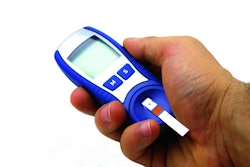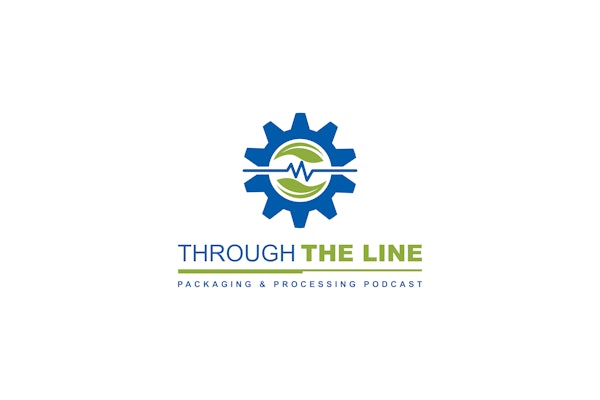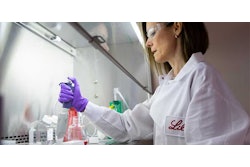End-to-end temperature management was an often-used phrase during the 11th Annual Cold Chain GDP & Temperature Management Logistics Global Forum, broadening what many once referred to as the “cold chain.”
Traditionally, the cold chain identified products maintained in the 2°C to 8°C temperature range. But when you add in the ever-increasing focus on Controlled Room Temperature (CRT) products and frozen classifications, it’s understandable why the end-to-end temperature management term is more appropriate.
At the Sept. 30 to Oct. 4 event in Chicago, one of the more concerning sessions was a panel discussion called “Supply Chain Integrity—360 View” that looked at security issues—particularly counterfeiting, diversion, and theft—throughout the life science product supply chain. The panel consisted of Gregg Goneconto, Retired Special Agent, FDA Office of Criminal Investigations; Chuck Forsaith, Director of Supply Chain Security, Purdue Pharma Technologies; Barry Conlon, CEO, FreightWatch Intl.; and Brad Elrod, Director, Global Conveyance Security, Pfizer.
Forsaith pointed to three primary challenges involved in the development of “unparalleled” holes in the supply chain. First, he said, “There’s been a huge escalation in pharmaceutical drug diversion, and the resources [to combat them] have not kept pace.” The second challenge, he noted, pertained to foreign-sourced unapproved drugs in the U.S. supply chain. A third is in compounding pharmacy issues, citing as an example the New England Compounding Center.
“No one tool will do what you need,” said Conlon of addressing pharmaceutical shipping and logistics security. “The approach must be integrated and security is our responsibility.”
Panelists seemed to agree that no matter where diversion or theft takes place throughout the supply chain, the ultimate responsibility rests with the pharmaceutical manufacturer. A “layered” approach to address counterfeiting and diversion was seen as important. “We need to focus on supply chain visibility, know what tools we have, and completely know who we’re working with,” added Conlon. Of course, criminals continue to better educate themselves on the technology developments as well.
Knowing as much as you can about your drivers was also mentioned as a sometimes overlooked security-related matter.
“As a former FDA person, stolen product won’t be taken care of properly,” noted Elrod. “The stealers want to sell the stolen product back into the supply chain because it has no street value in the way illicit drugs do.”
Forsaith recommended that manufacturers participate together in intelligence and sharing, noting that while there are many areas in which pharmaceutical manufacturers compete and do not share information, the battle against counterfeit and diverted medications is an area “to work together as a group. Every interruption in a supply chain has to be evaluated. It’s an educational process and intelligence needs to be shared.”
Audience members asked if panelist companies were beginning to integrate security into Quality Department processes, beginning with the receipt of active pharmaceutical ingredients, or APIs. Forsaith encouraged audience members to consider security in Human Resources or Logistics functions as well.
One challenge, he said, “is that companies consider security as a revenue-draining discipline rather than a revenue-producing discipline,” in that the function isn’t recognized “when you do your job well.”
Panelists also advised audience members to educate carriers about security issues, even providing training programs.
Goneconto believed that “global coordination has gotten better” in this area in recent years, but there was room for more communication.
Additional conversation centered around the future development of tools that could not only monitor pharma/biologics shipments for temperature and humidity, but also for track and trace efforts, and to be able to determine product location and if the truck and/or product had been diverted from its scheduled route.





















